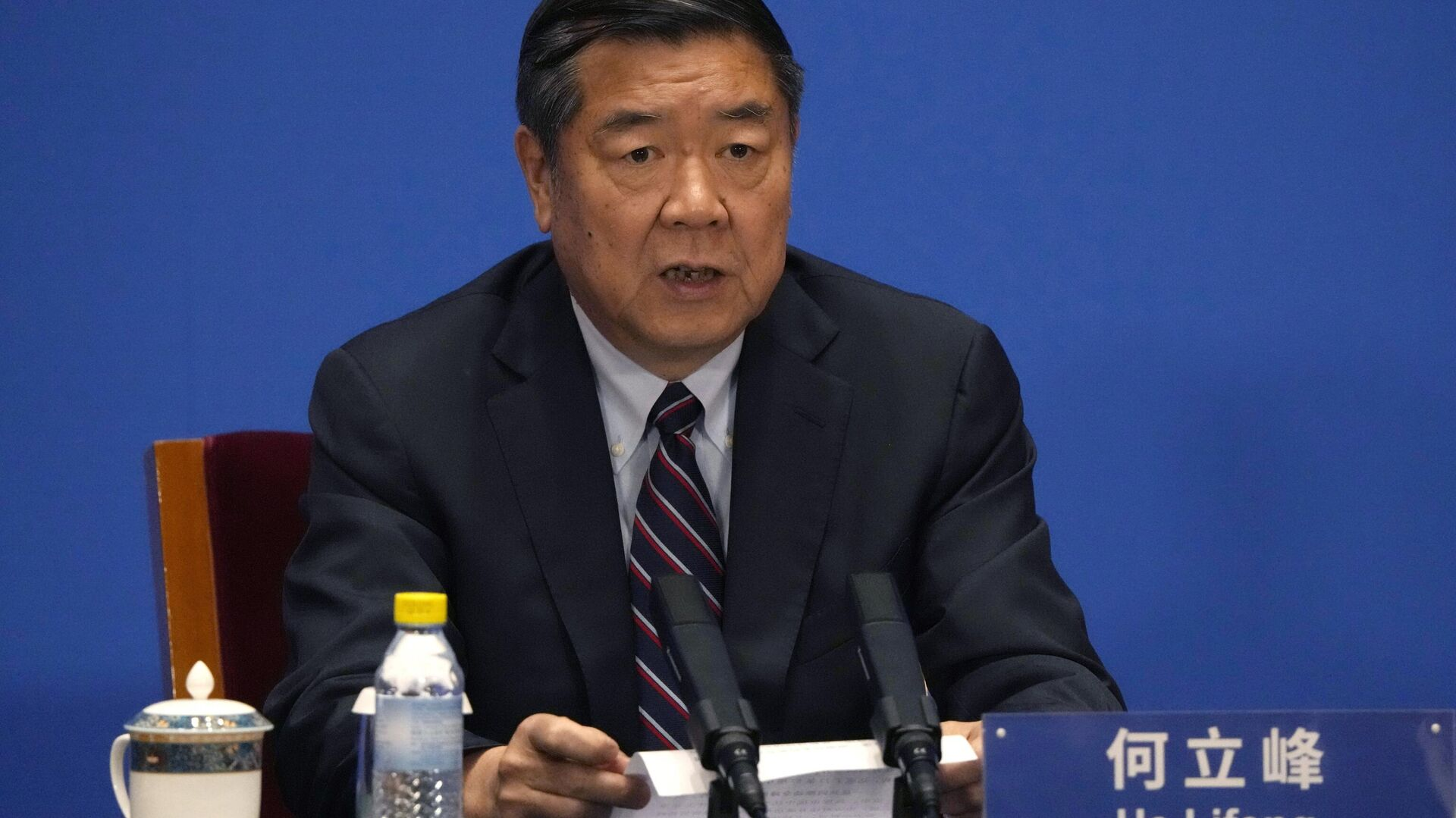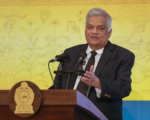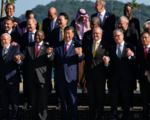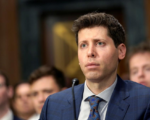Beijing Promises Market Reforms and Support for Hong Kong Amid Global Uncertainty

Commitments to Open Markets and Boost Hong Kong
During the Global Financial Leaders’ Investment Summit in Hong Kong, Beijing pledged to continue opening its financial sector to foreign investors while supporting Hong Kong’s role as a global financial hub. The summit, attended by top Wall Street executives, underscored China’s commitment to market reforms amidst geopolitical tensions and domestic economic challenges.
“We will create an inclusive and favorable business environment for foreign investors,” stated Zhu Hexin, deputy governor of China’s central bank. He emphasized China’s willingness to welcome overseas investments as part of its economic development strategy.
Wu Qing, Chairman of the China Securities Regulatory Commission, promised to reduce investment barriers, implement supportive measures, and deepen capital market reforms. Vice Premier He Lifeng also announced plans to increase Hong Kong’s global financial standing, including facilitating Chinese enterprises’ access to Hong Kong’s bond and equity markets.
Geopolitical and Economic Context
The summit occurred amidst increasing scrutiny of Hong Kong’s autonomy following the implementation of a national security law in 2020. Western governments have criticized the legislation, citing its impact on democratic freedoms, while Beijing maintains it was necessary for restoring order after 2019’s mass protests.
The timing of Beijing’s announcements coincided with Hong Kong’s High Court sentencing 45 pro-democracy activists in a landmark trial, which has drawn sharp criticism from the U.S. and other nations.
Challenges in Global and Domestic Markets
Hong Kong has experienced a decline in initial public offerings (IPOs), with only $9.1 billion worth of listings in 2024 compared to a peak of $51.6 billion in 2020. This downturn has led financial firms to cut jobs in the region. Despite this, international executives such as Citigroup’s Jane Fraser and Goldman Sachs’ David Solomon expressed optimism about potential deregulation in the U.S. fueling global corporate activity.
China’s domestic economy remains sluggish due to ongoing issues in the property sector and the lingering effects of pandemic-related disruptions. To combat this, Beijing recently introduced a 10 trillion yuan ($1.38 trillion) debt package aimed at stabilizing local government finances and boosting growth.
Morgan Stanley CEO Ted Pick highlighted early signs of recovery, stating, “Battling deflation takes time. The monetary and fiscal measures are starting to take effect, but results will not be immediate.”
However, concerns linger among global investors regarding capital mobility in China. Solomon remarked, “Messages about the ability to attract capital and ensure it can flow in and out of the country are crucial for global confidence.”
Hong Kong’s Strategic Role and Future Outlook
Beijing reaffirmed its support for Hong Kong by committing to bolster its financial market through regular issuance of treasury bonds and facilitating the expansion of Chinese financial institutions. Despite challenges, the summit underscored Hong Kong’s strategic importance to China’s broader economic ambitions.
As global financial leaders evaluate opportunities, the interplay between Beijing’s reforms, Hong Kong’s recovery, and the broader geopolitical environment will remain pivotal for shaping the region’s economic trajectory.





















